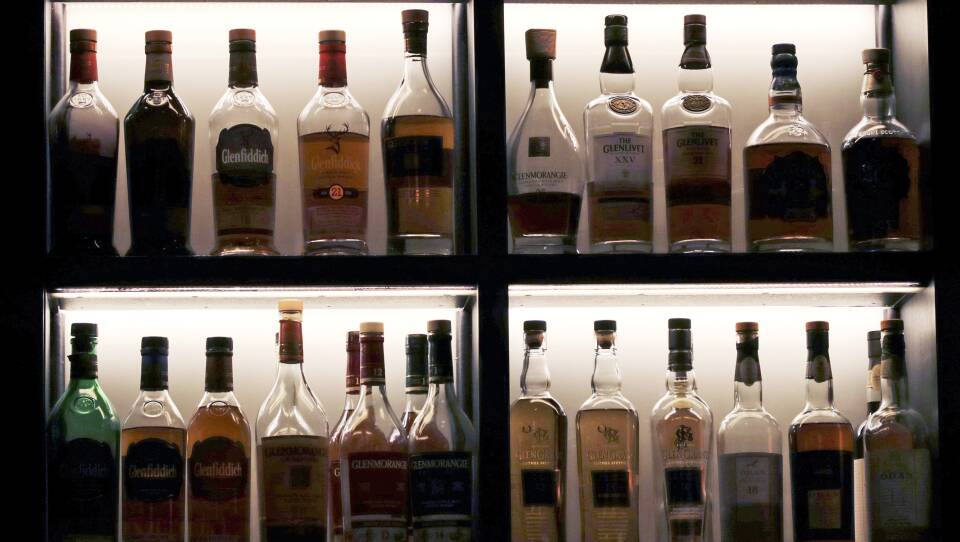This story originally ran in GBH News’ morning newsletter, The Wake Up. Don't want to miss out? Subscribe now to get our rundown of news, culture and community straight to your inbox every Monday, Tuesday and Thursday morning.
One of the biggest hurdles faced by would-be dining and nightlife entrepreneurs in Boston is the limited supply of liquor licenses available in the city.
The right to serve alcohol in Boston is highly controlled by the city and state. The dearth of licenses is a major contributor to Boston's languid late-night scene.
Currently, the city's licenses are capped at about 1,400 by state law. The regulation and cap have sent the price of licenses sky high, and buying and transferring one from a current licensee to a new business can cost as much as $600,000.
Meanwhile, existing bar and restaurant owners — many who purchased their licenses for hundreds of thousands of dollars — don't want to see their investment devalued by the introduction of new licenses.
When a license becomes available, large chains and restaurant groups with deep pockets, mainly operating downtown or in the Seaport, have the advantage. It's much tougher for smaller operators in less profitable neighborhoods to compete.
The Boston City Council and Mayor Michelle Wu want to issue five new non-transferable licenses per zip code in Dorchester, Hyde Park, Mattapan, Roxbury, Roslindale and East Boston each year to boost economic development in those traditionally underserved neighborhoods.
The problem is that any change to the city's liquor license scheme needs the approval of the Legislature.
You can keep up with GBH News and Axios Boston’s nightlife series here. We explored this topic because people who filled out our Nightlife in Boston survey told us they wanted to know more about it. Want to tell us what you’d like to see covered? Fill out our survey here.





